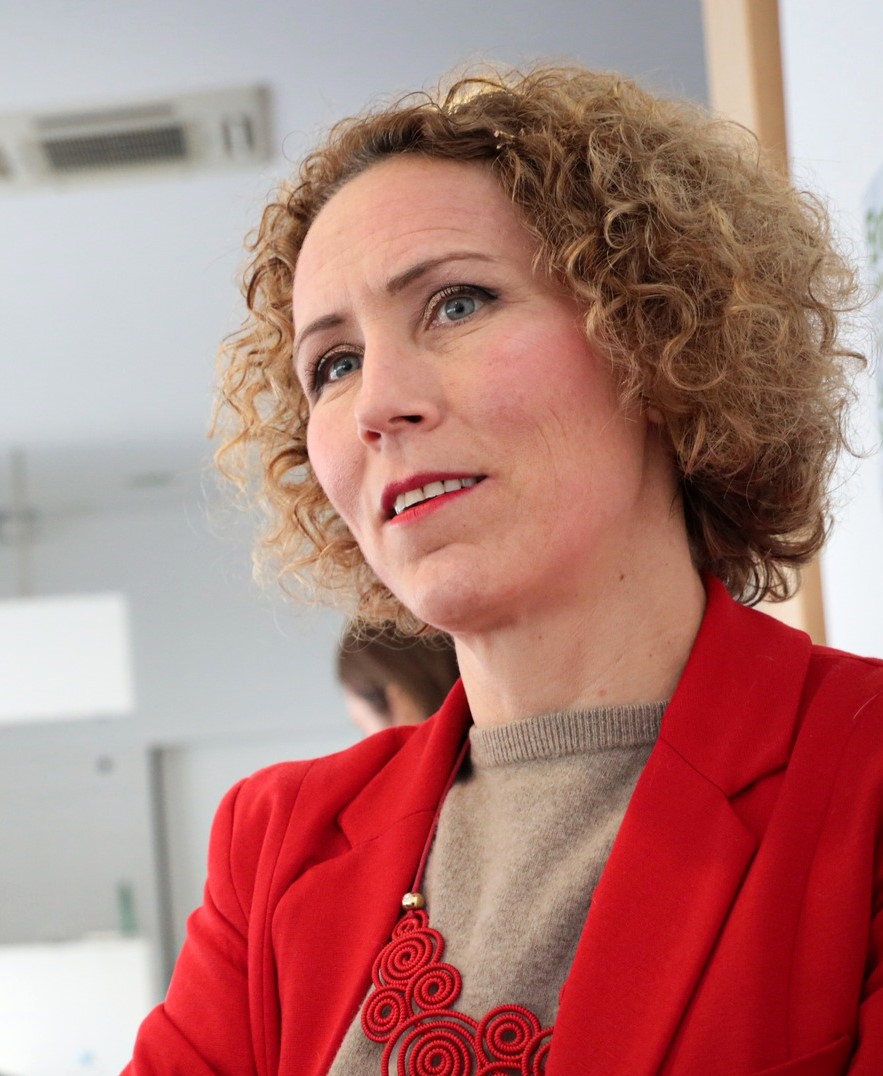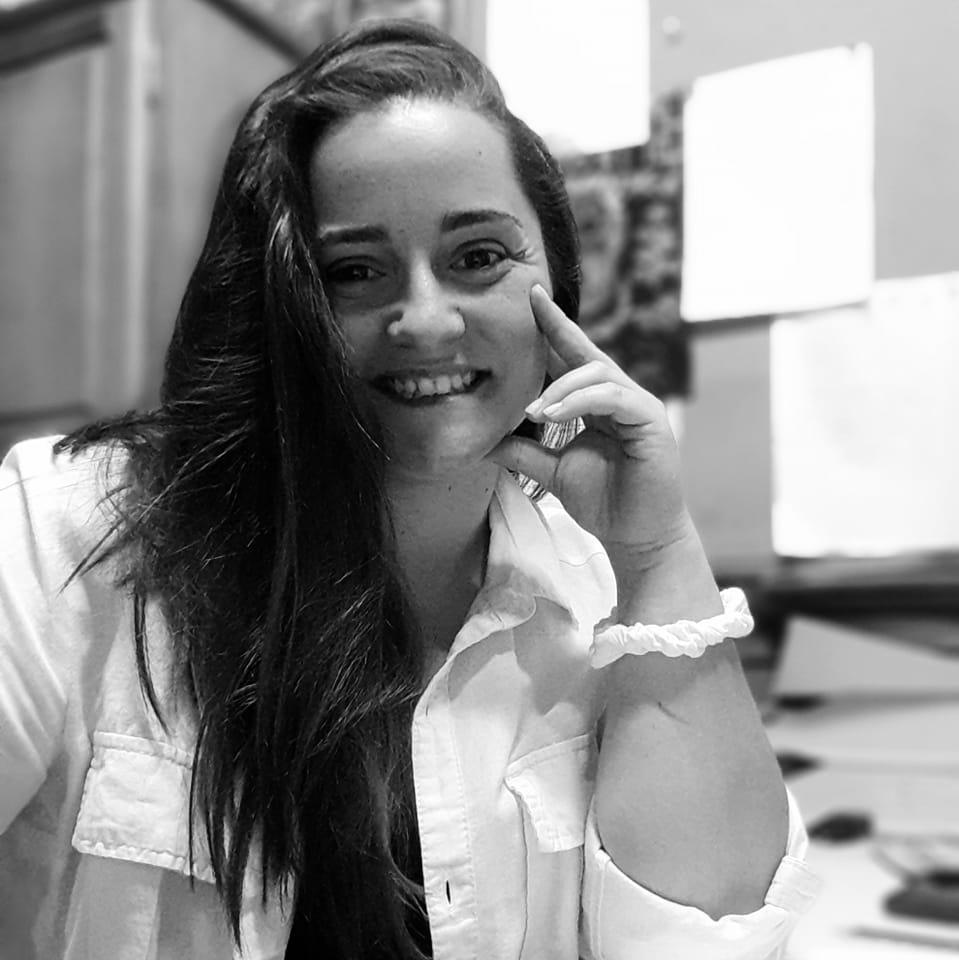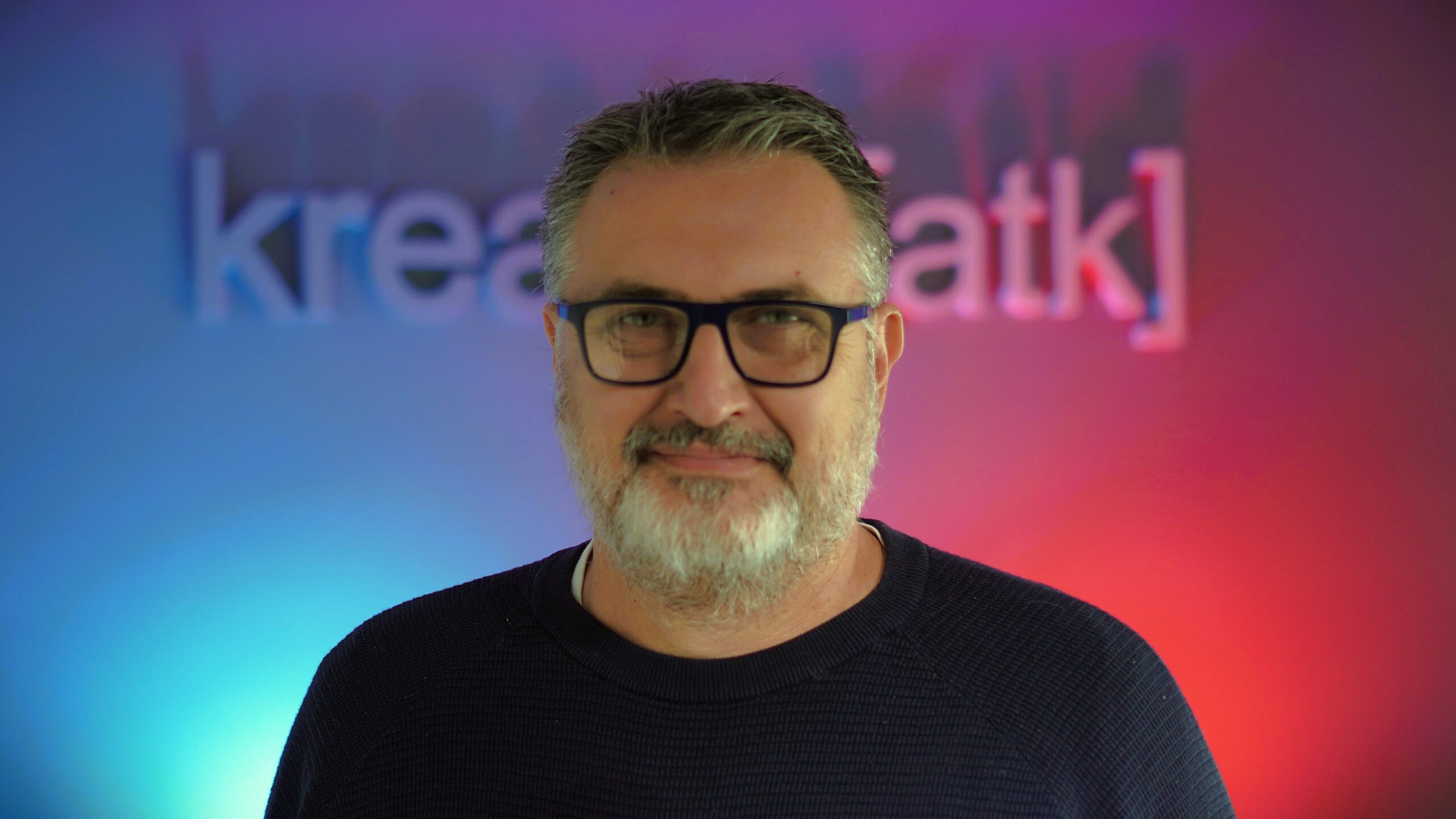|
City
|
Country
|
Date
|
Time
|
|
Los Angeles
|
USA
|
|
|
|
Vancouver
|
Canada
|
|
|
|
Chicago
|
USA
|
|
|
|
Mexico City
|
Mexico
|
|
|
|
New York
|
USA
|
|
|
|
Toronto
|
Canada
|
|
|
|
Sao Paulo
|
Brazil
|
|
|
|
London
|
England
|
|
|
|
Berlin/Munich
|
Germany
|
|
|
|
Paris
|
France
|
|
|
|
Johannesburg
|
South Africa
|
|
|
|
Cairo
|
Egypt
|
|
|
|
Moscow
|
Russia
|
|
|
|
Istanbul
|
Turkey
|
|
|
|
Shanghai/Beijing
|
China
|
|
|
|
Tokyo
|
Japan
|
|
|
|
Sydney
|
Australia
|
|
|
Webinar Description
This webinar brings together experts from academia and industry to explore the connections between cultural actors, tourism, and regenerative approaches. Cultural actors play a crucial role in enhancing the quality of life, building collective capacity, fostering economic growth, and promoting cohesion through their engagement in cultural and artistic pursuits. Cultural actors can unlock immense potential by creating value from local traditions and resources, offering unique, place-based experiences that inspire both tourist and local communities. However, meaningful connections between cultural and tourism actors are often underdeveloped. This webinar aims to address this gap and foster dialogue on how these actors can collaborate for mutual benefit, particularly in smaller communities and marginalised areas.
![]() Local Time:
Local Time:
Timezone: []
Date:
Time:

|
Fiona Eva Bakas, PhD (2015, Otago University, New Zealand) is a critical tourism researcher and lecturer with international teaching and research experience, currently working as Assistant Professor at the Institute for Geography and Territorial Planning, University of Lisbon, Portugal. Fiona is a Visiting Research Fellow at the Center of Excellence in Food, Tourism & Leisure- Deree, The American College of Greece, a collaborating researcher in the CREATOUR Creative Tourism Observatory, member of TERRITUR Research group and associate member of NGO Equality in Tourism. Fiona’s Links: LinkedIn profile: https://www.linkedin.com/in/fionabakas, ORCID profile: https://orcid.org/0000-0002-5699-8178, Centre for Geographical Studies Research Group page: https://ceg.igot.ulisboa.pt/pessoas/fiona-bakas |

|
Silvia Silva is a researcher and executive coordinator of the CREATOUR Observatory at the Centre for Social Studies of the University of Coimbra. She has held research activities and developed projects, in cooperation and collaboration with public and private organizations. She was the Research Manager of CREATOUR: Creative Tourism Destination Development in Small Cities and Rural Areas, and researcher in the projects UNCHARTED: Understanding, Capturing and Fostering the Societal Value of Culture and IN SITU: Place-based Innovation of Cultural and Creative Industries in Non-urban Areas. She has co-facilitated consultation, ideation, and prototyping sessions in the areas of culture and tourism. Her main research interest issues are cultural policies and practices, creative tourism, culture-based regional/local development, participation and collaborative practices |

|
Nancy Duxbury, PhD (2001, Simon Fraser University, Canada) is a Principal Researcher at the Centre for Social Studies, University of Coimbra, and Coordinator of the interdisciplinary thematic line “Urban Cultures, Sociabilities, and Participation.” She coordinates the Horizon Europe project “IN SITU: Place-based Innovation of Cultural and Creative Industries in Non-urban Areas” (2022-2026), and leads the CREATOUR Observatory on Culture and Tourism for Local Development, which brings together researchers and professionals from culture, tourism, and local development sectors to advance knowledge and practice. The CREATOUR Observatory builds from the national research-and-application project “CREATOUR: Creative Tourism Destination Development in Small Cities and Rural Areas” (2016-2020). Other research areas include cultural mapping and culture-sensitive local sustainability. ORCID: 0000-0002-5611-466X LinkedIn: https://www.linkedin.com/in/nancyduxbury/ Online CV: https://www.ces.uc.pt/en/ces/pessoas/investigadoras-es/nancy-duxbury |

|
Eirini Papadaki is an associate professor in Communication, Mediation and Cultural Industries, Department of Business Administration and Tourism at Hellenic Mediterranean University. Her research interests focus on the synergies of cultural and creative industries with the tourism industry, cultural and creative tourism in urban and rural areas, sustainability in culture and tourism, cultural and visual semiotics, as well as arts mediation, cultural communication and social media marketing. Her recent publications include books on Cultural and Creative Industries and Technoculture (Nissos, 2018) and Digital Communication in Culture: The Greek example (Kritiki, 2025). She has worked in various funded research projects for many Greek universities, as well as the Greek Ministry of Culture, either as a scientific coordinator, a research member or the person in charge for the dissemination of the project, organizing and supervising its communication strategy. |

|
Ms Cátia Lucas is the General Coordinator of Lousitânea, a non-profit association dedicated to protecting and promoting the cultural and environmental heritage of the Lousã Mountains, in Central Portugal, through sustainable practices. A resident of the schist village of Aigra Nova in Góis, Portugal, she holds a degree in Tourism Entertainment and a master’s degree in Tourism and the Environment from the Polytechnic Institute of Leiria. Lousitanea aims to revive local culture , for example through holding the annual traditional cork-mask carnival called ´Entrudo de Gois’, and stimulate residents living in remote, marginalised mountainous areas in expressions of their local culture. Lousitanea has an endogenous tree nursery, a newly formed community herd of goats in an innovative initiative to help combat wildfires, offers tourist accommodation, runs the Ecomuseu do Xisto (Museum of local practices of the schist villages) and runs a souvenir shop/cafe. |

|
Krešimir Grubić was born and raised in Šibenik, with more than three decades of experience in marketing, communications, and public relations. He works as a consultant, developing strategies for visibility, promotion, and sustainable growth, and is specialized in tourism based on sustainable use of cultural and natural heritage. Krešimir worked on the development of Šibenik tourism strategy and business plans for Šibenik's fortresses, and is active in culture as a performer, organizer, communicator, and creative producer. Since 2019, he engaged with the Azimut Concert Club supporting its transformation into an independent cultural centre, and contributed to its recognition with the 2023 City of Šibenik Award for outstanding cultural contribution. As a member of Kolektiv 4B, takes part in local cultural projects, networks, and creative strategies. Currently he is focused on developing the Azimut Digital Arts & Media Centre in Šibenik and launching HYPIE (ex Repertoar), a new digital platform promoting and connecting artists and audiences. |

|
Þorgrímur Einar Guðbjartsson is a farmer at Erpsstaðir in Miðdalir, Iceland, where he and his wife, Helga, run a family farm and base their livelihood primarily on milk processing, cheesemaking, guesthouse accommodation, and tourism reception. There, they receive and teach both foreign and domestic guests about agriculture in Iceland, life in the countryside, food traditions, and culture. Alongside all of this, Þorgrímur has organized a number of cultural events through Kruss menningarsmiðja ehf a small company dedicated to preserving Iceland's cultural and intangible heritage. He has thus become known as the "Culture Farmer". The largest project currently underway is "The Icelandic Yule Lads are from Dalir," which focuses on the Yule Lads tradition, food culture, and education about life in Iceland from ancient times to the present day. In his lectures, he blends humor with a deep emphasis on collaboration, innovation, and respect for history and craftsmanship. |

|
Sabīne Vandāna has been managing the Valmiermuiža Association of Culture since 2016, creating cultural offerings in Valmiermuiža and developing it as a high-quality cultural place while respecting the historical landscape. She creates projects and events related to cultural heritage, music, theatre, contemporary art, as well as community involvement, cooperation, and civic participation. Sabīne is currently actively developing an initiative to develop the Valmiera County Manor Network. |
 |  |  | ||||
 |  |  | ||||
 |  | |||
Kazem Vafadari
Silvia Silva
Catia Lucas
Þorgrímur Einar Guðbjartsson
Sabīne Vandāna
Nancy Duxbury
Eirini Papadaki
Kazem Vafadari
Registration
Registration time has ended.
Next Webinars
Future webinars
Past webinars
Jul, 2021
Satellite V 3
Working Together with Local Communities and Governments for a Better Destination Management Through UNWTO.QUEST / / These webinar series aims to make you more familiar with the UNWTO.QUEST quality certification system. In this first volume UNWTO exp...
Nov, 2021
Satellite V 8
Trabajando junto con las comunidades locales y los gobiernos para una mejor gestión de los destinos a través de UNWTO.QUESTLecciones de la Agencia Córdoba Turismo con la Certificación UNWTO.QUEST / Working Together with Local Communities and Gove...
Jan, 2025
Satellite V 36
مهماننوازی: هنر و معماری / Hospitality: Art and Architecture / در دنیای معاصر، مهماننوازی مفهومی فراتر از ارائه خدمات و تسهیلات است. این هنر، در بطن خود...





